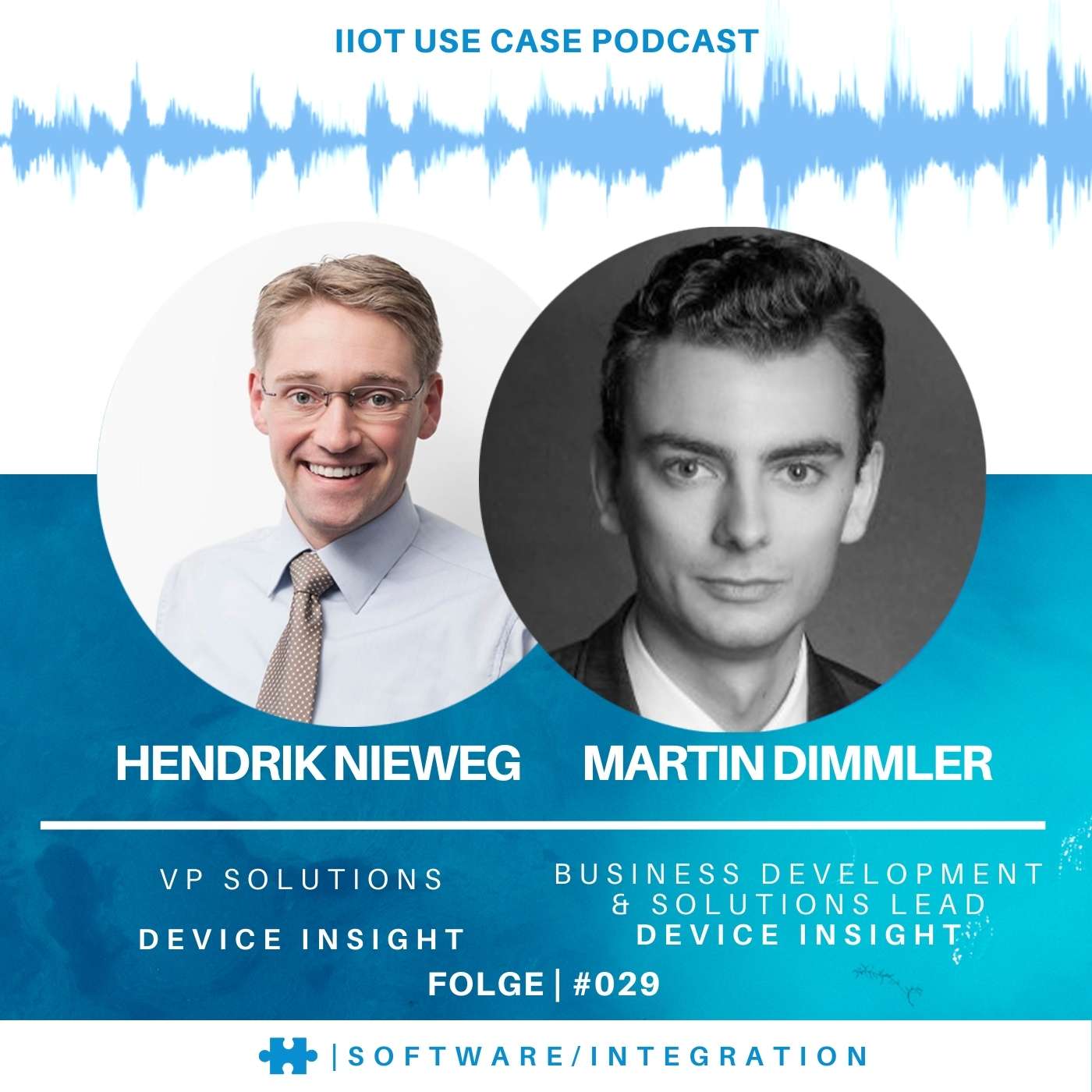Manual adjustments of laser processes in machine tools depend on the accuracy and experience of the machine operator. With artificial intelligence, adaptive applications are possible that optimize these processes in an automated manner.
The problem: Fluctuating quality in production
Sensors are electronic products whose manufacture involves complex high-tech laser processes. This production process has to be readjusted and optimized per batch, as the quality of the materials used varies.
At JUMO, a manufacturer of automation and sensor solutions headquartered in Fulda, Germany, this was previously the job of the machine operator. The setting chosen depends on the experience of the individual employee. He knows the different requirements and the reaction of the machine to them.
Due to personnel changes or illness, a less experienced operator may have to adjust the machine. The result is differences in the quality of the sensors produced.
The solution: Intelligent automation
To increase the yield of high-quality sensors, JUMO uses intelligent automation based on artificial intelligence. A special imputation procedure is used here. This means that by analyzing the starting material and machine learning, optimizations can already be made to the production process within a batch. The approach automatically incorporates new information and optimizes the prediction model after each sensor batch.
The application of intelligent automation stands and falls with the availability and quality of the data. In other words, only when well-prepared big data is applied to cutting-edge machine learning methods can the full potential of AI be realized.
For this linking of Internet of Things and Artificial Intelligence to an Artificial Intelligence of Things (AIoT), IoT pioneer Device Insight has teamed up with Swedish AI specialist Sentian. Together, they accompany companies on their way to intelligent production – away from individual solutions and selective improvements, such as those possible with predictive maintenance, to a holistically optimized smart factory.





